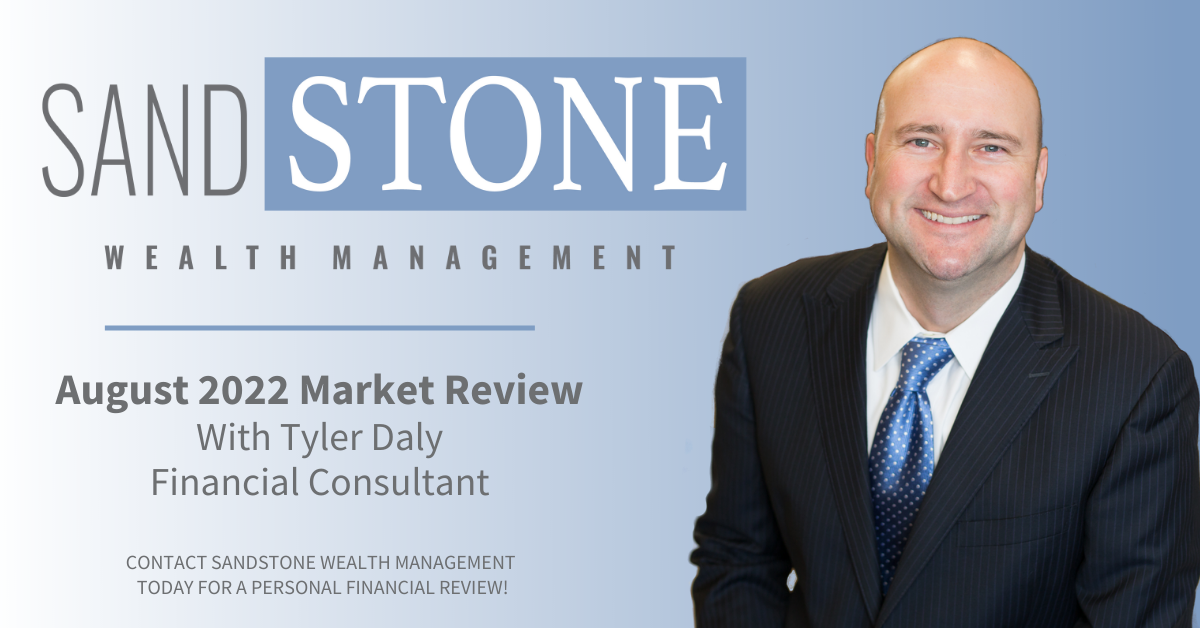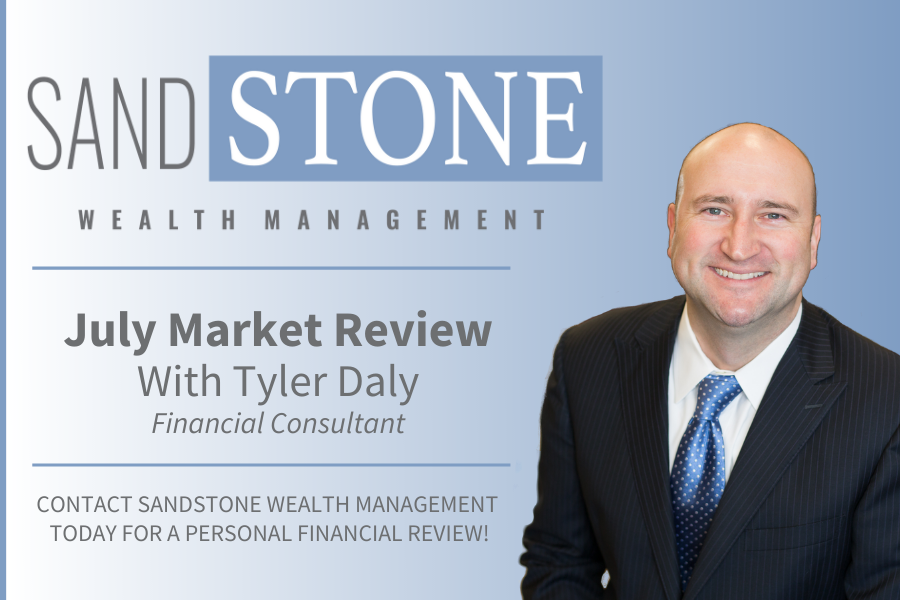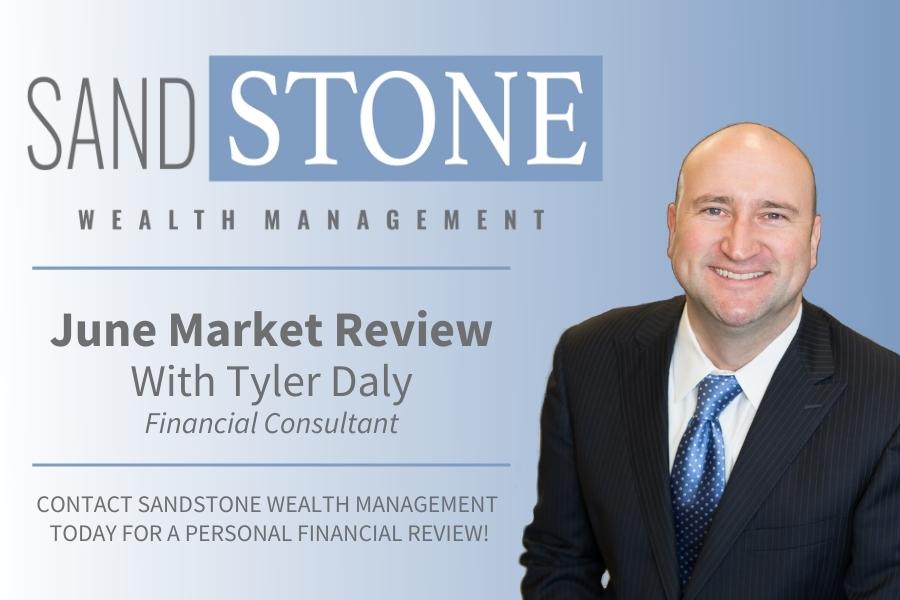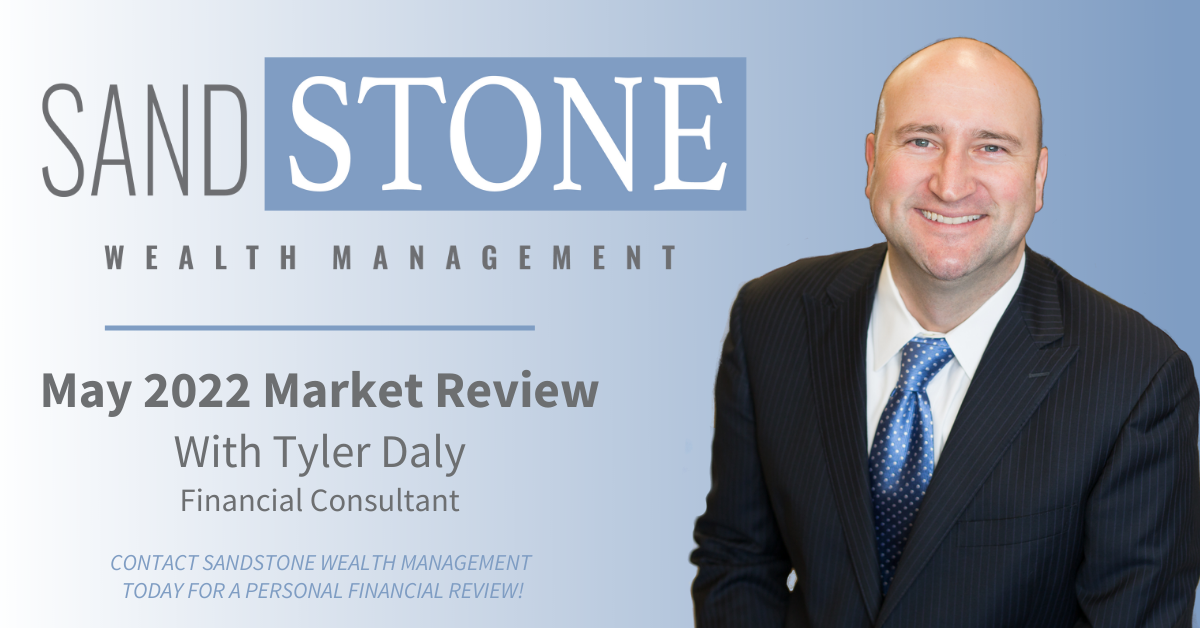
The United Kingdom’s (U.K.) vote to leave the European Union (E.U.) surprised global financial markets to the downside. While European tensions and the historic “Brexit” vote got markets’ attention during the last weeks of June, two of the three major domestic equity indices still managed to end the quarter on a positive note – for the third time in a row – although the Nasdaq basically ended flat for the three-month period. While uncertainty remains, U.S. stocks advanced in the final days of the month, bringing the S&P 500 back into positive territory for the year, as collective tension eased within a few days of the referendum vote.
| 6/30/16 Close | 3/31/16 Close | Change | Gain/Loss | |
|---|---|---|---|---|
| DJIA | 17,929.99 | 17,685.09 | +244.90 | +1.39% |
| NADSAQ | 4,842.67 | 4,869.85 | -27.18 | -0.56% |
| S&P 500 | 2,098.86 | 2,059.74 | +39.12 | +1.90% |
| MSCI EAFE | 1,593.67 | 1,652.04 | -58.37 | -3.53% |
*Performance reflects price returns as of 4:15 p.m. EDT on June 30, 2016.
Below are some thoughts on factors that could affect the markets in the weeks and months to come.
Global: More questions than answers
- The pound fell sharply on the Brexit vote, while long-term interest rates fell due to the flight to safety.
- The uncertainty of the Brexit process will damage the U.K. economy and result in somewhat slower global growth.
- The U.K. will elect a new prime minister, but the new leadership is expected to work to limit the damage of Brexit to the economy.
Markets: Signs of short-term volatility
- Financial market participants had priced in a victory for the “remain” campaign and were caught off guard by the result. While there is still a lot of uncertainty, market volatility should die down.
- Brexit may be added to a list of concerns regarding the global economy.
- U.S. investors should pay attention to economic data over the next few months
Economy: In good shape
- The direct impact of Brexit on the U.S. economy may be small. The U.K. accounts for a very small portion of U.S. exports and imports, explained Raymond James Chief Economist Scott Brown.
- The U.S. economy still appears to be in good shape, led by a rebound in consumer spending growth in the second quarter.
- The housing sector continues to improve.
- Business fixed investment remains relatively soft.
- The dollar has strengthened (a restraint for U.S. exporters) but remains below its former high.
Federal Reserve: Less likely to raise rates
- Fed policy remains very accommodative. The central bank will provide additional liquidity if needed.
- The Fed is less likely to raise short-term interest rates in the near term. Future policy moves will be data-dependent.
Bottom line: Take it a day at a time
- Short-term influences rarely change the secular trend of the market, and it’s important to take some time to see how everything settles, advises Raymond James Chief Investment Strategist Jeff Saut.
- Take a moment to assess and determine if you can potentially take advantage of the volatility to add to positions in your portfolio or build new ones.
- We urge investors to be patient and opportunistic. Perhaps compile a “shopping list” of potential stocks and determine a fair price based on valuation and fundamentals.
- It’s still very important to know what you own, pay attention to fundamentals and allocate assets appropriately.
- The June jobs report (July 8) will help to set near-term expectations for the economy. Earnings season begins soon, and the consensus expects earnings growth to resume in the third and fourth quarters, and into next year.
We will continue to watch for macro and micro influences on the market and share the most relevant information with you.
Please note that the markets and our office will be closed July 4 to celebrate Independence Day. We will reopen the following morning. Thank you!
Sincerely,
Tyler Daly
Financial Advisor
Raymond James Financial Services, Inc.
*Investing involves risk, and investors may incur a profit or a loss. Past performance is not an indication of future results and there is no assurance that any of the forecasts mentioned will occur. Investors cannot invest directly in an index. The Dow Jones Industrial Average is an unmanaged index of 30 widely held stocks. The NASDAQ Composite Index is an unmanaged index of all common stocks listed on the NASDAQ National Stock Market. The S&P 500 is an unmanaged index of 500 widely held stocks. The MSCI EAFE (Europe, Australia, Far East) index is an unmanaged index that is generally considered representative of the international stock market. International investing involves additional risks such as currency fluctuations, differing financial accounting standards, and possible political and economic instability. These risks are greater in emerging markets. The performance noted does not include fees or charges, which would reduce an investor's returns.

Tyler has been in the financial services industry since 2004 and with Sandstone Wealth Management and Heartland Bank since 2009. He is Series 7, 66 and Insurance licensed to assist his clients with all their investing, financial planning, and insurance needs. Tyler was recently named to the Forbes List of America's Top Next-Generation Wealth Advisor, which recognizes advisors from national, regional, and independent firms. Tyler graduated from the University of Nebraska-Lincoln with a Bachelor’s Degree in Diversified Agriculture and was born and raised in the Nebraska Sandhills. This gives him an intimate knowledge and understanding of his farming and ranching clients. Tyler is married to Rachel, who earned her Doctorate of Pharmacy from the University of Nebraska. They have two children, Camilla and Cooper. Away from business, he enjoys officiating high school basketball in the winter as well as golfing and team roping in the summer.












